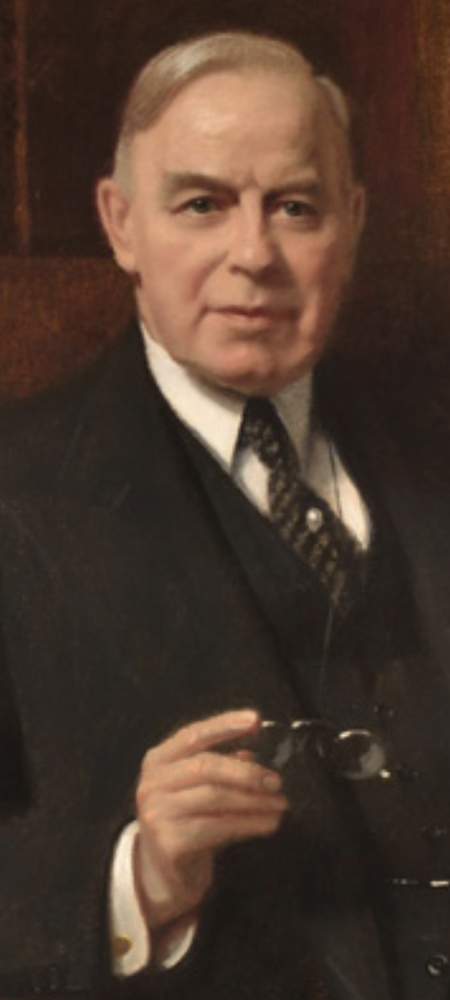Chapter
No
Mackenzie King
Often ranked by historians as the best prime minister in Canadian history, at first glance Mackenzie King can seem an unlikely choice for the honour. A mostly uncharismatic man who today is known as much for his bizarre superstitious beliefs as anything else, King nevertheless served Canada competently for a record-breaking 20 years and six terms as prime minister, a tenure that overlapped with many of the most pivotal moments of 20th century Canadian history.
An American-educated social scientist from Ontario, King was recruited to work as a bureaucrat in Ottawa’s newly-created Department of Labour. His political career began in 1908, when he was first elected to parliament and served as minister of labour under Prime Minister Wilfrid Laurier (1841-1919). When Laurier died in 1919, King was elected to replace him as Liberal leader, a post he would hold for a staggering 29 years.
King was elected prime minister on three non-consecutive occasions. His first two terms (1921-1930) are remembered primarily for successful negotiations with Great Britain that secured greater and greater political independence for Canada, eventually culminating in London’s passage of the Statute of Westminster (1931), which granted complete independence to self-governing British “dominions,” like Canada. Ironically, King’s first term ended in 1926 when he was briefly fired by Canada’s British-appointed governor general, Lord Byng (1862-1935) for complex political reasons (see: Arthur Meighen), though was easily re-elected back to office a few months later on a campaign of opposition to British “meddling” in Canadian affairs. Appearing cold and indifferent to the nation’s suffering during the Great Depression (1929-1939), four years later King lost his bid for a third term R.B. Bennett (1870-1947) in 1930, and was out of power for a solid five years.
King’s final stint as PM overlapped with World War II (1939-1945). Though King had infamously described Adolph Hitler (1889-1945) as a man of peace after a 1937 meeting, once Britain declared war he became steadfast in opposition to the Nazi regime. A close friend of both President Franklin Roosevelt (1882-1945) and Britain’s Winston Churchill (1874-1965), King often served as an intermediary between the two men, and instigated the integration of Canada and the United States into a shared defense alliance. Over a million Canadians fought heroically overseas, but King famously avoided imposing a national draft until the war’s final days, aware of how unpopular the conflict was in Quebec.
After the war’s end, King presided over the beginning of a post-war economic boom born from an increase in wartime manufacturing and spending. In 1948 he finally stepped down in favor of his attorney general, Louis St. Laurent (1882-1973), and died a year later.
